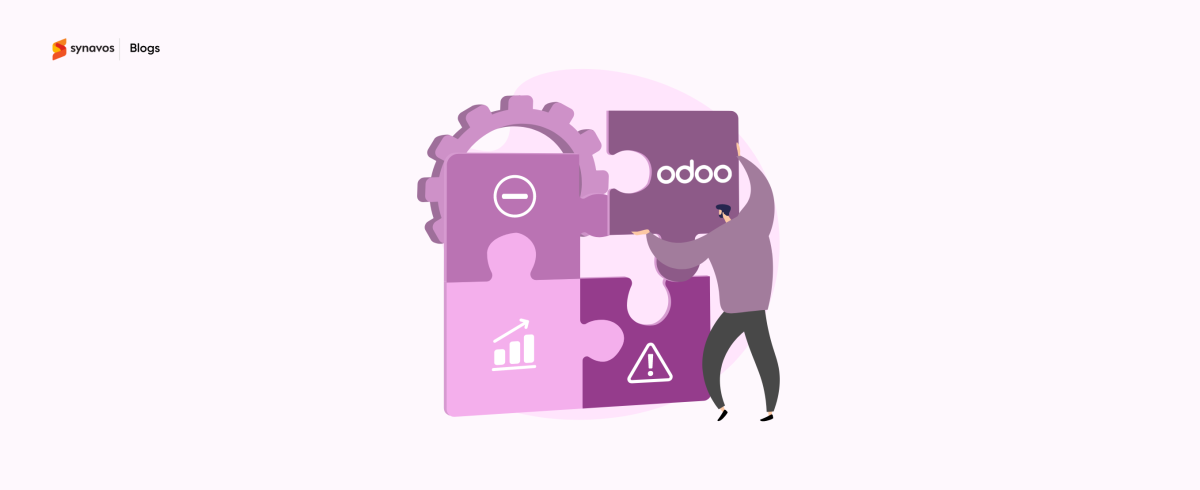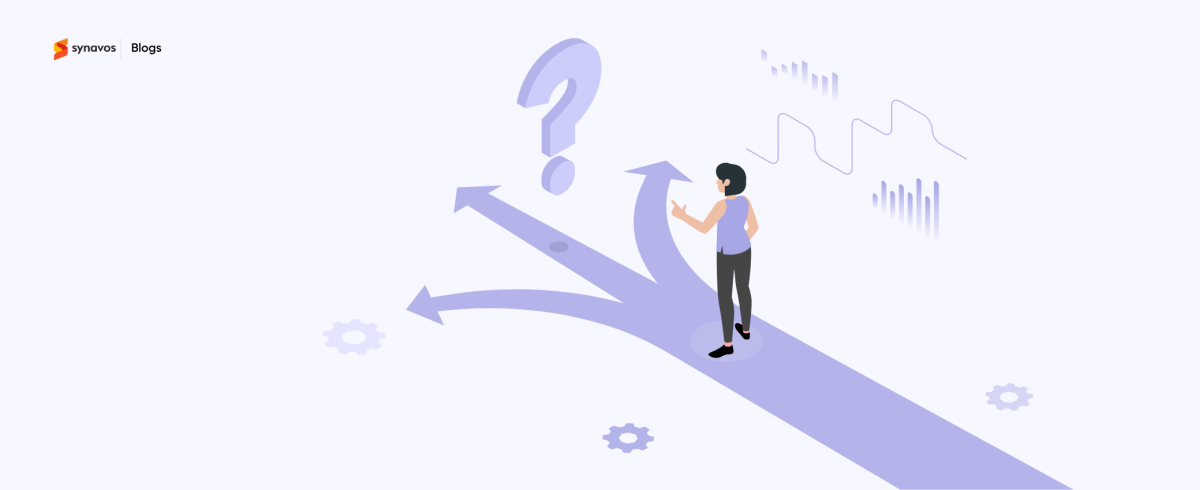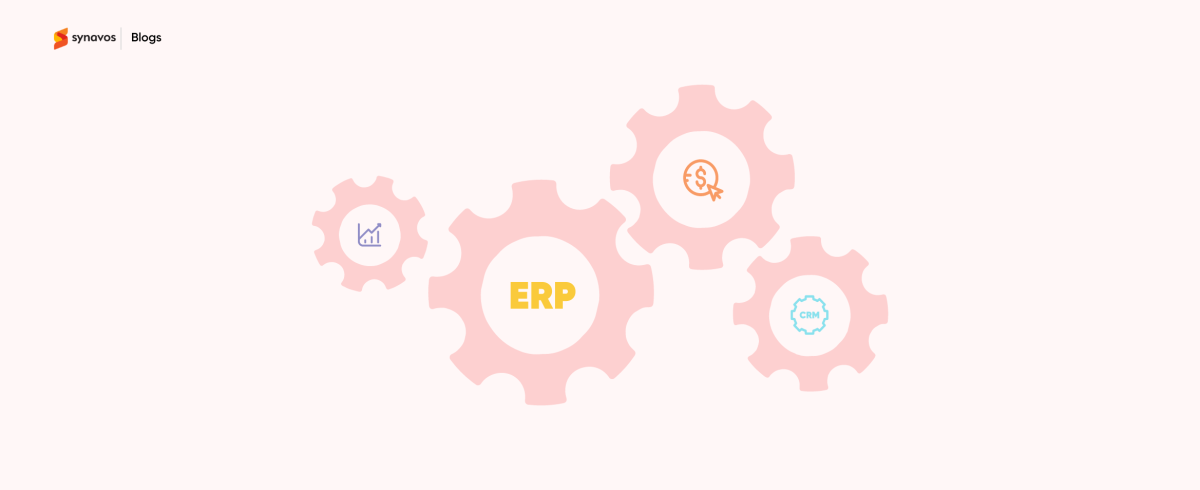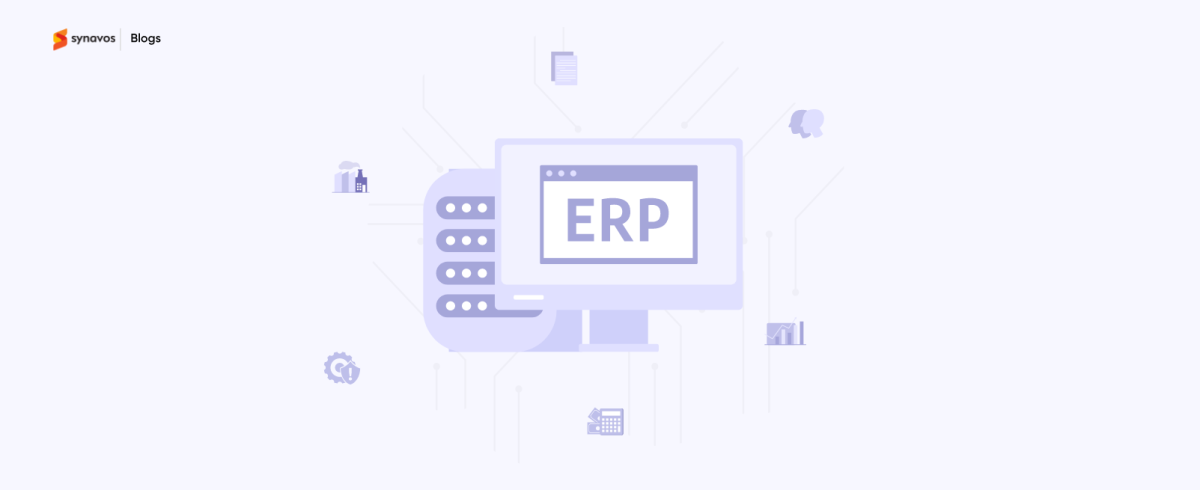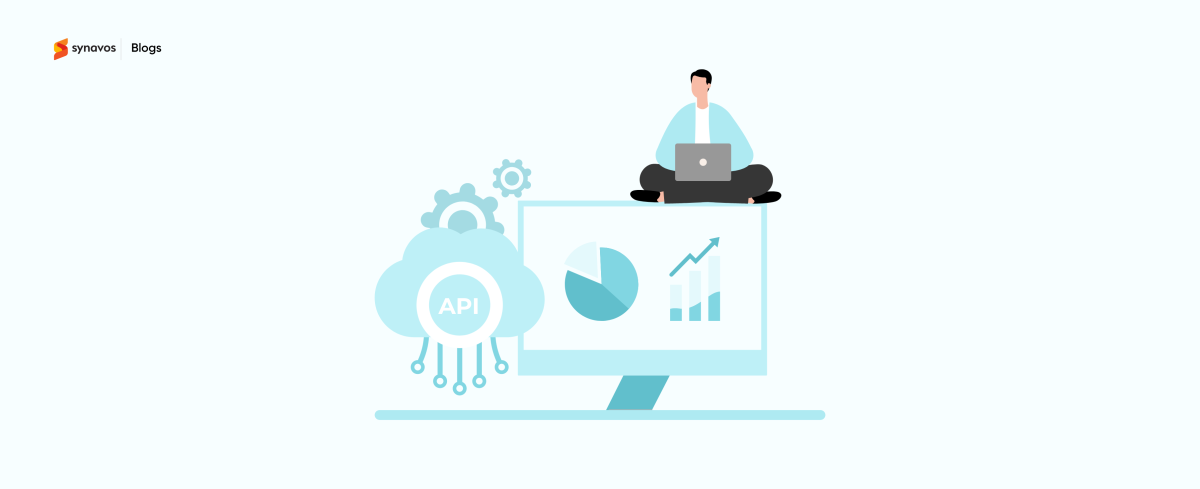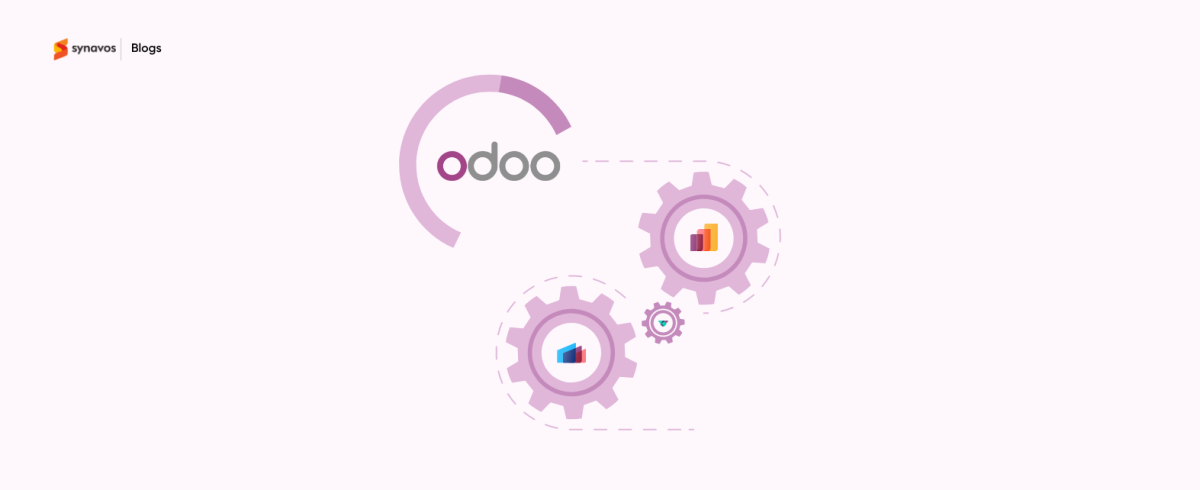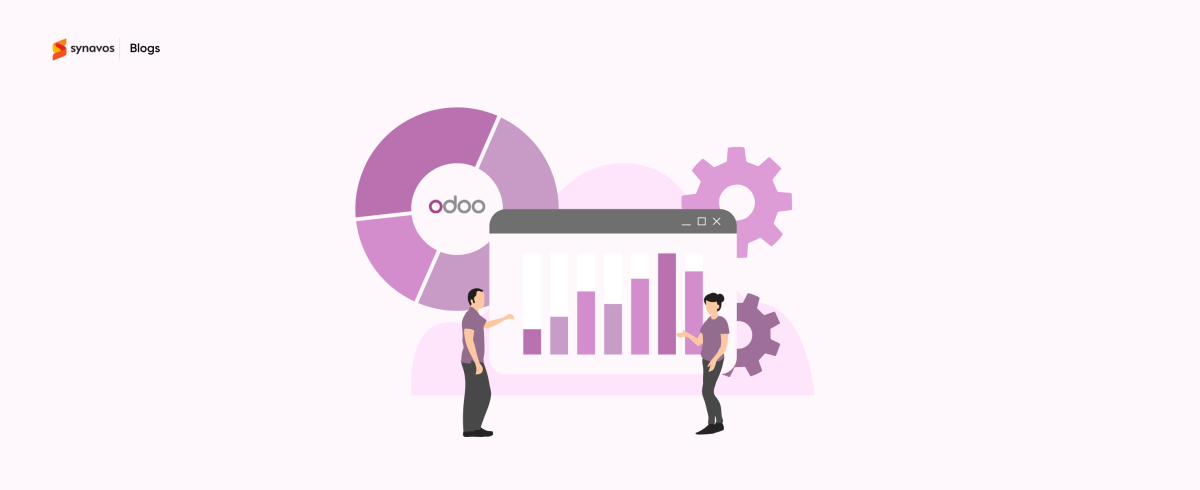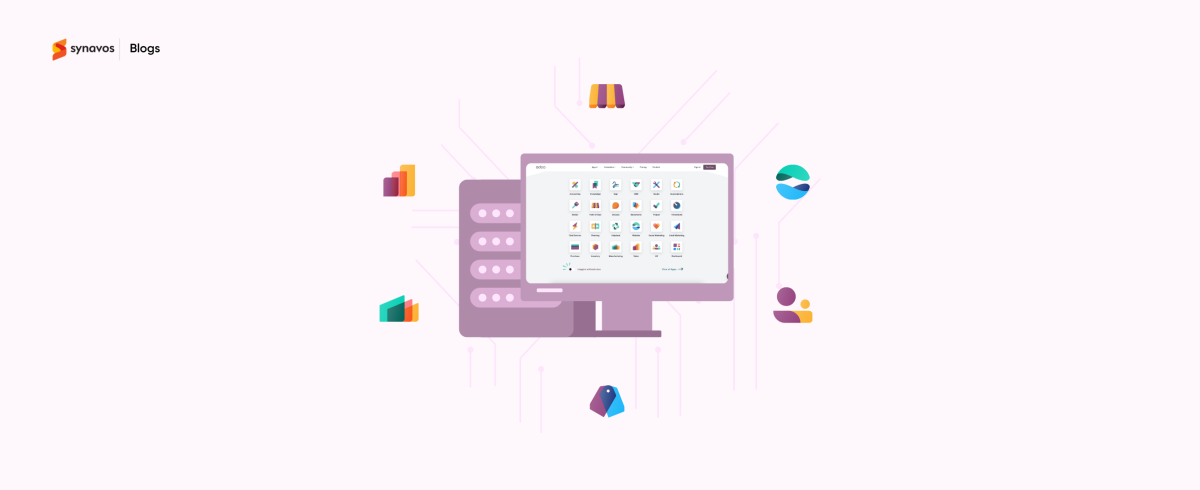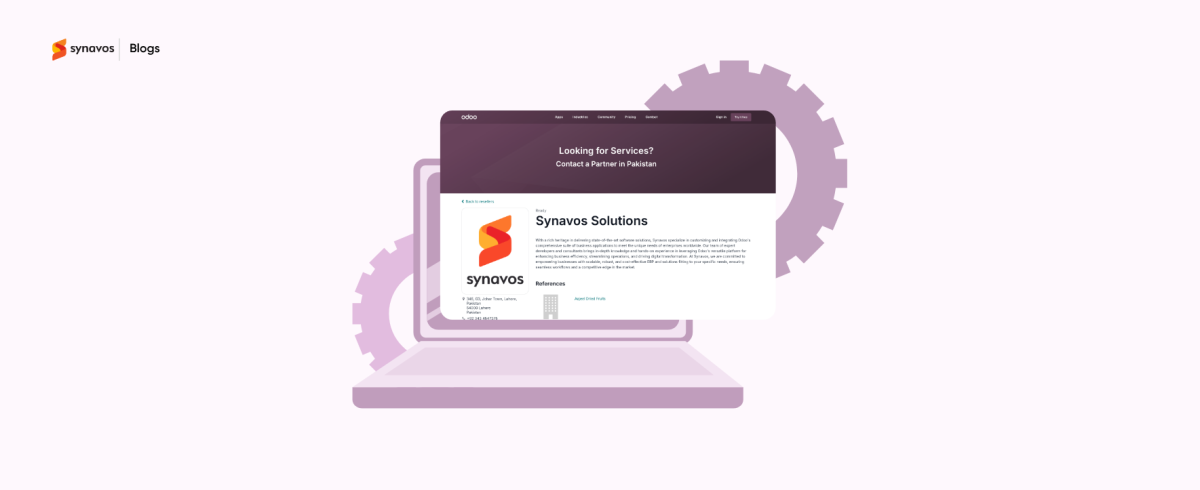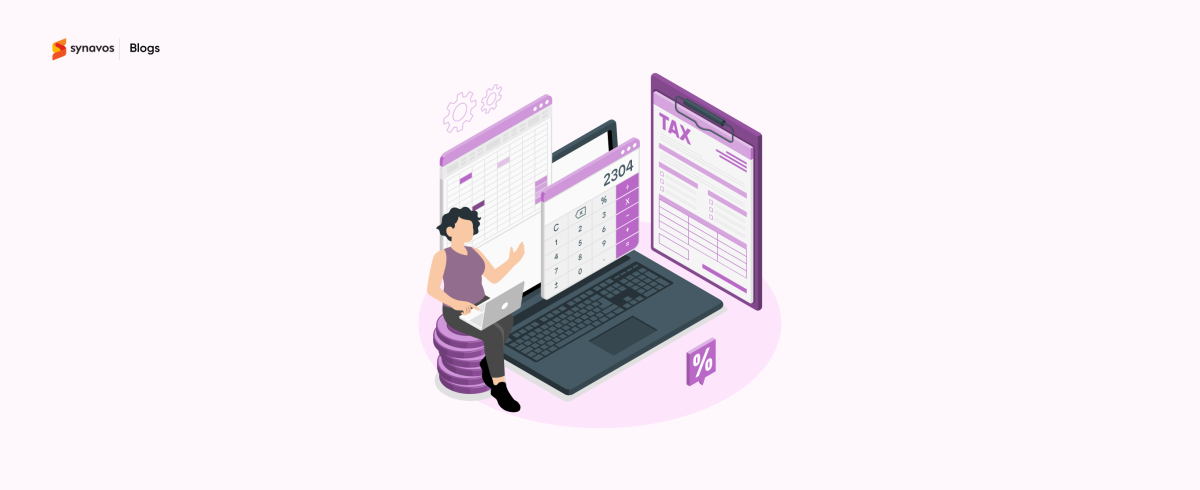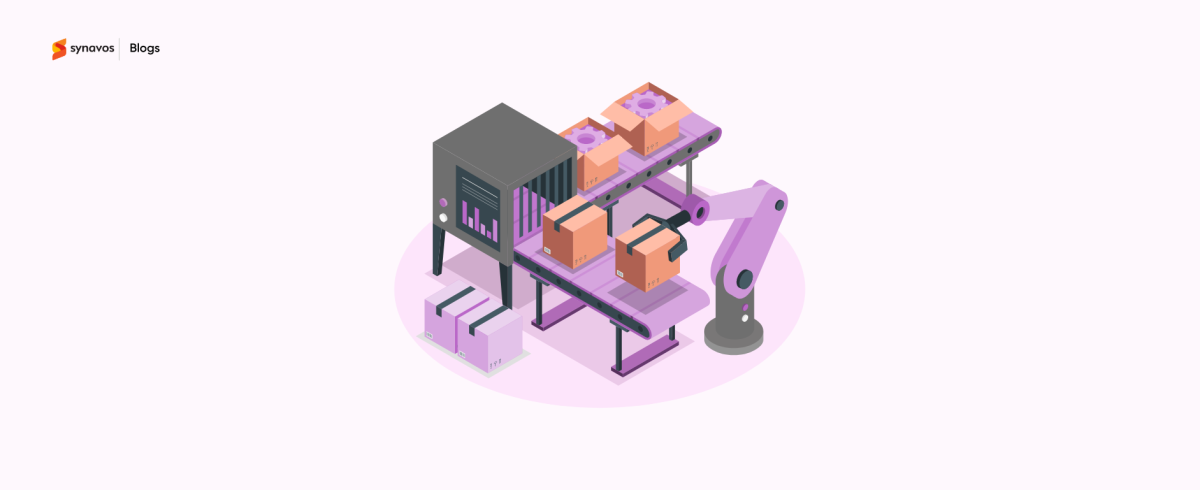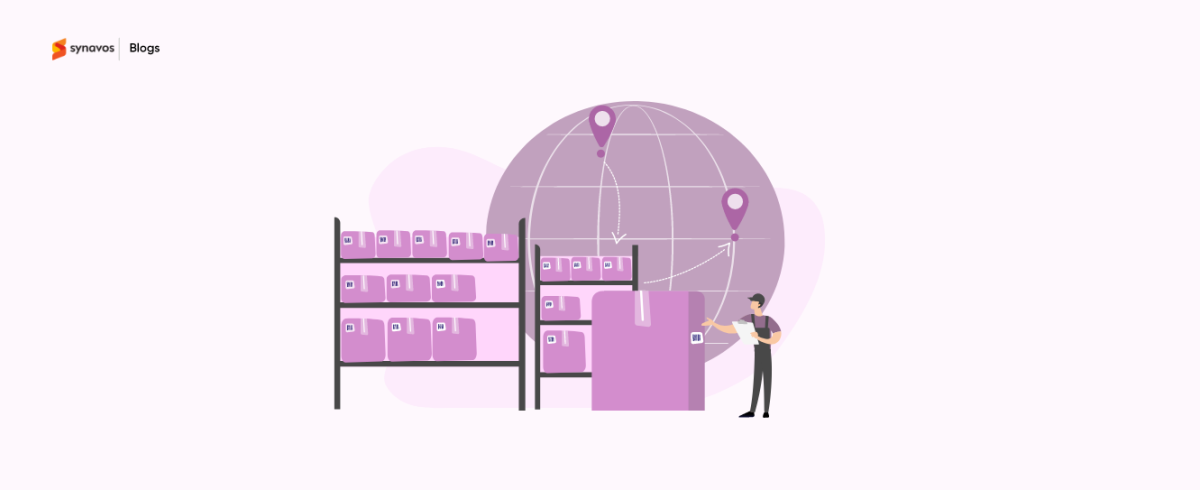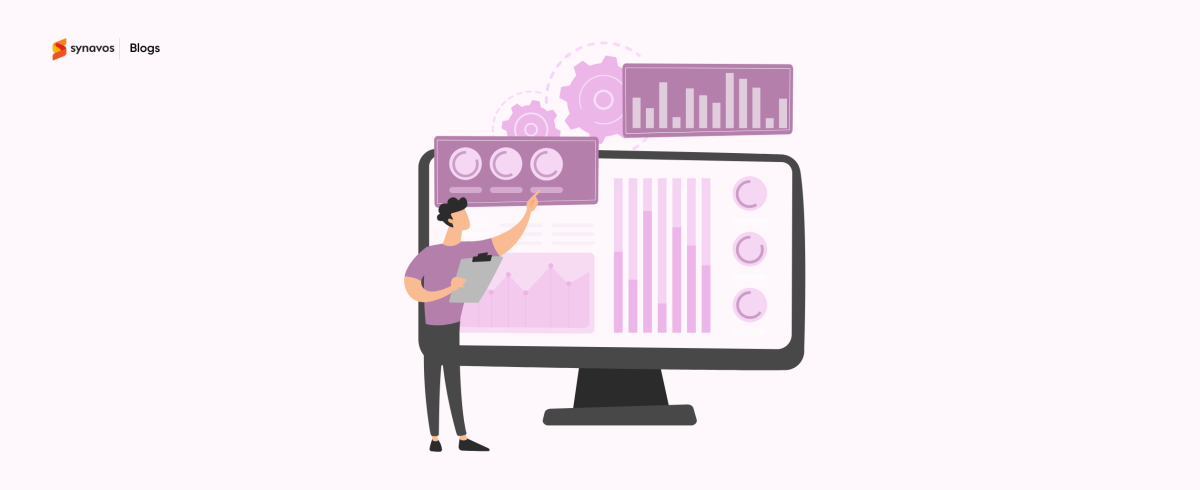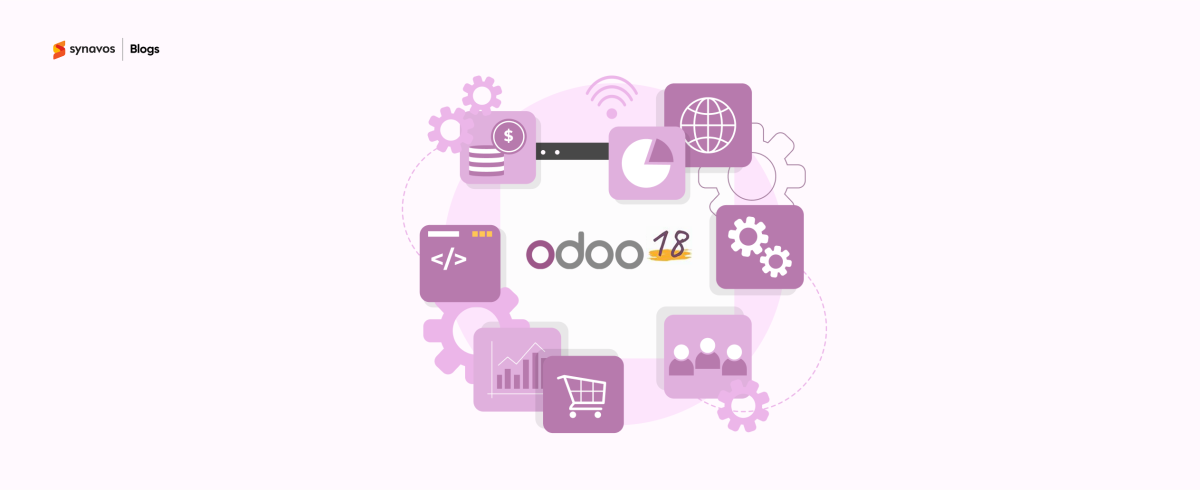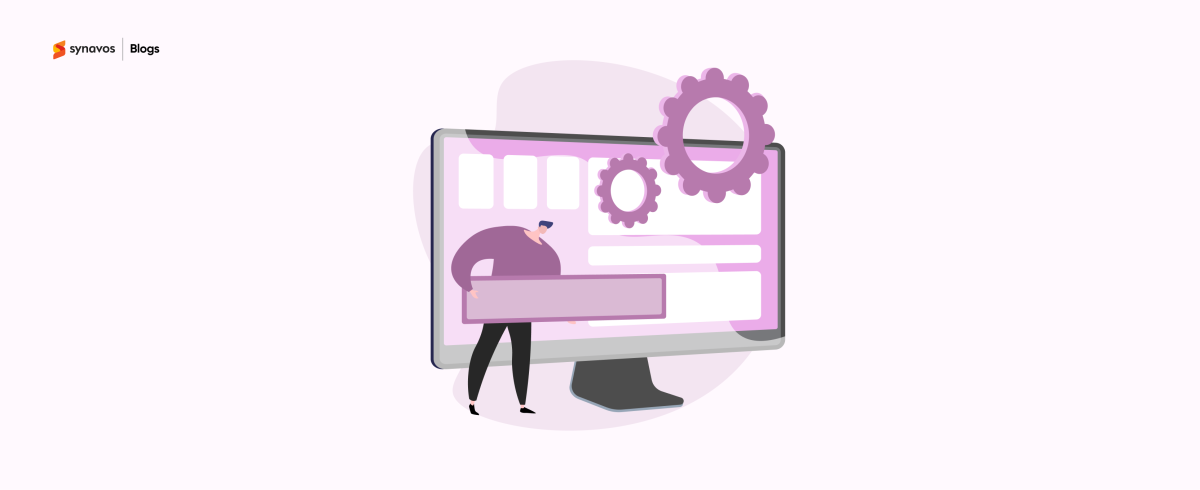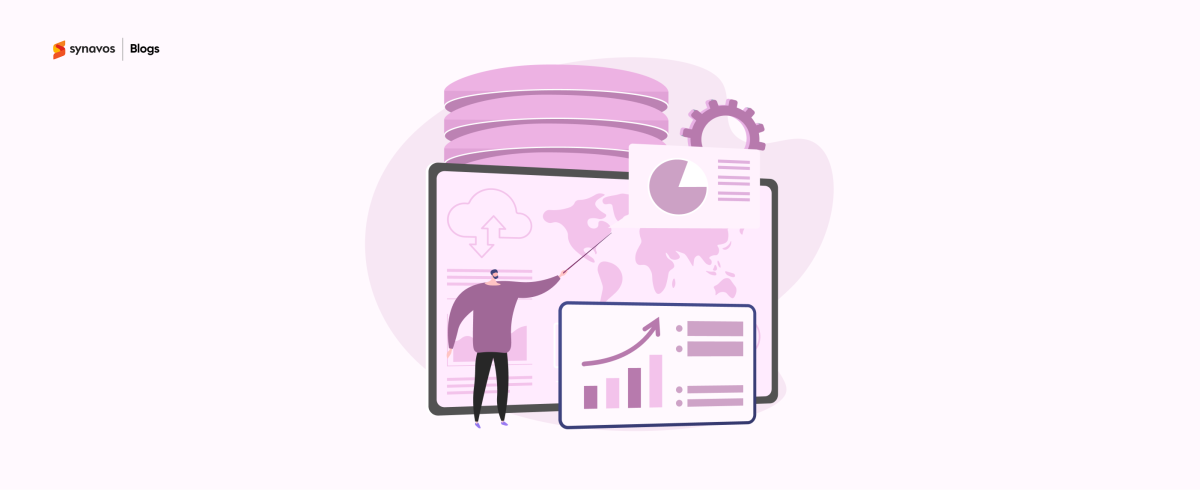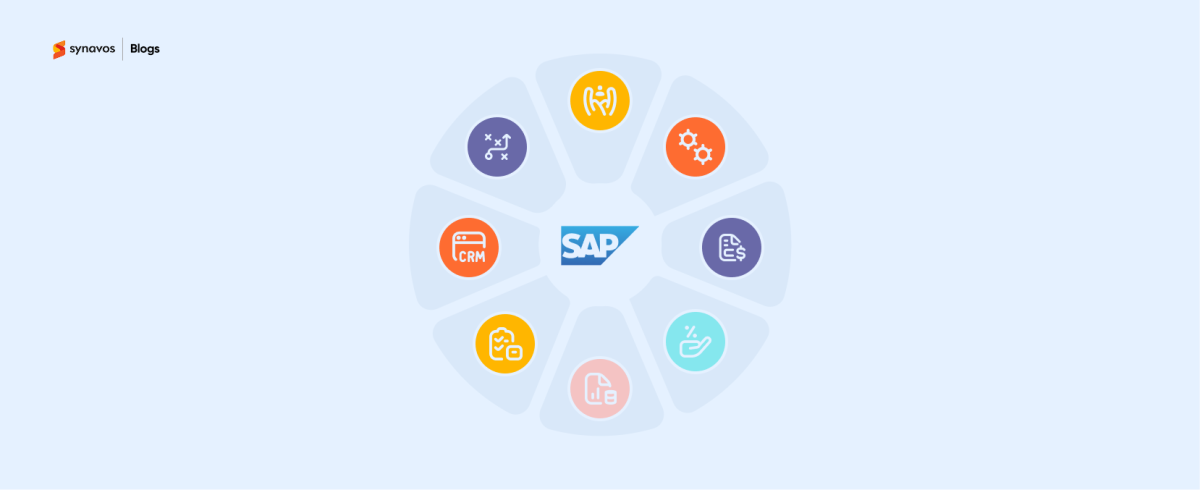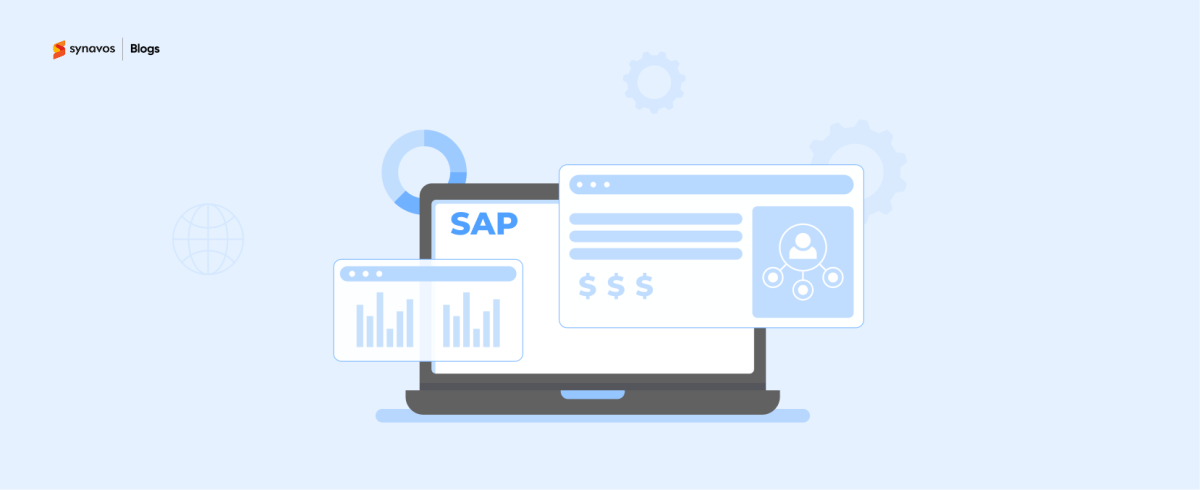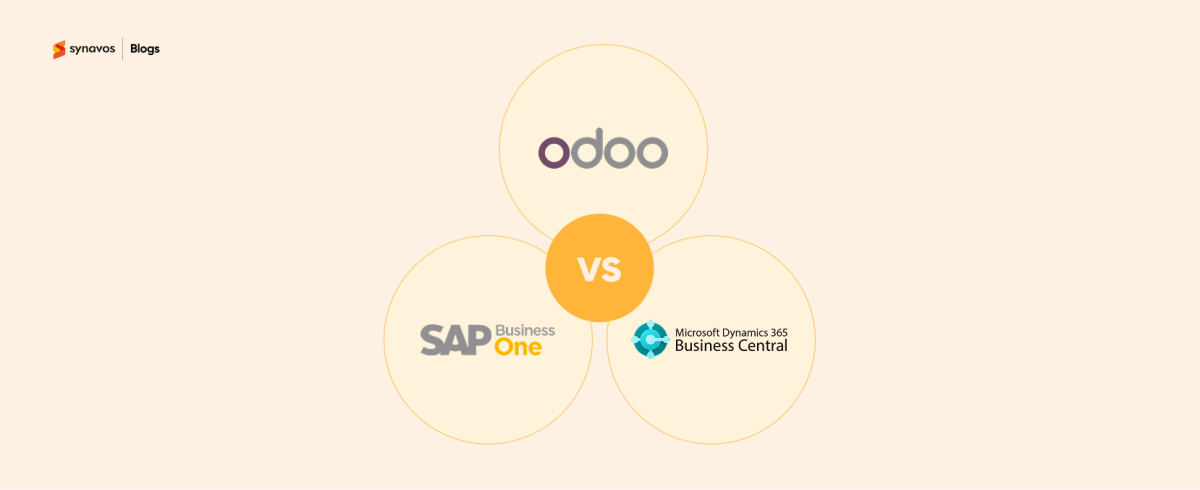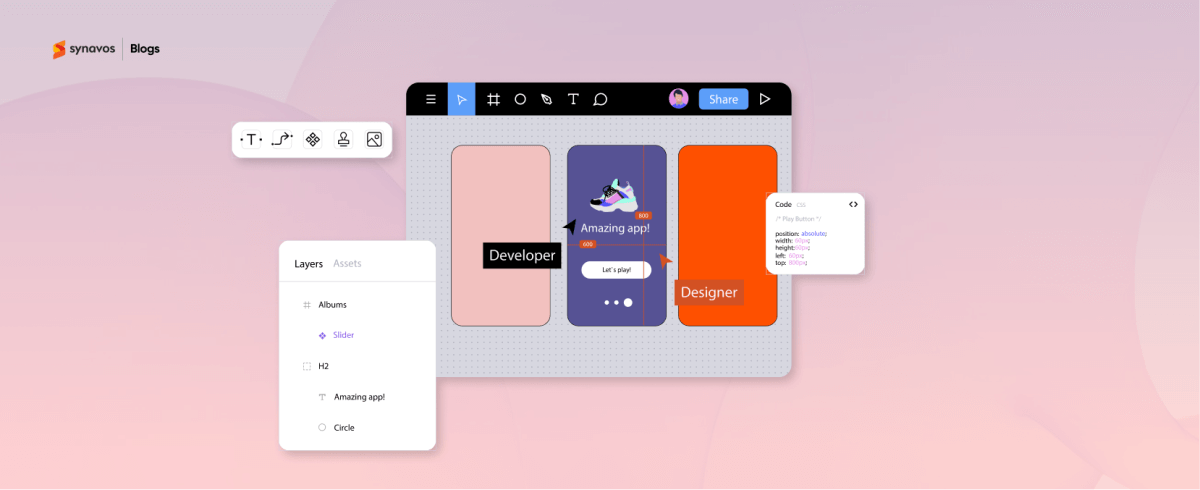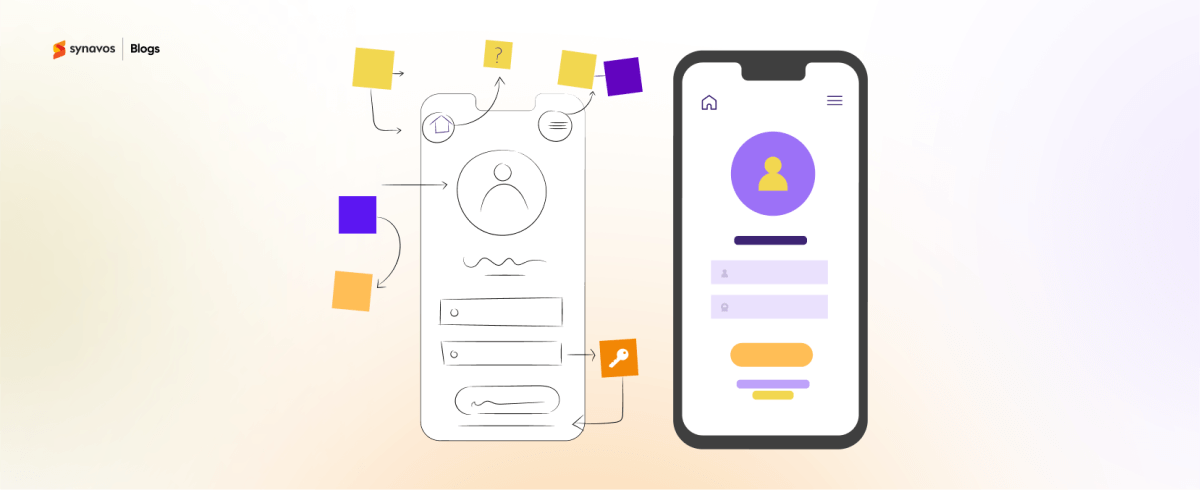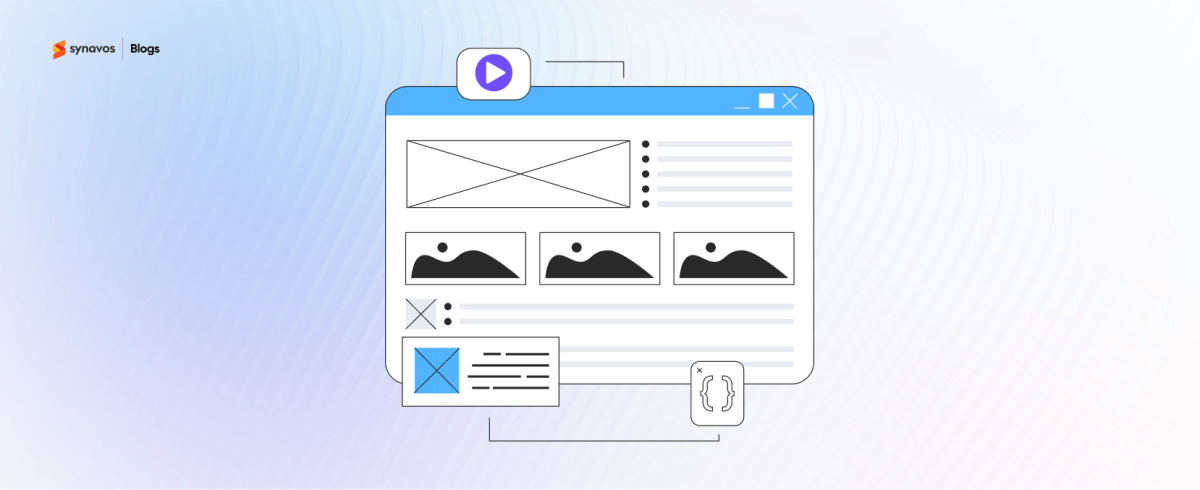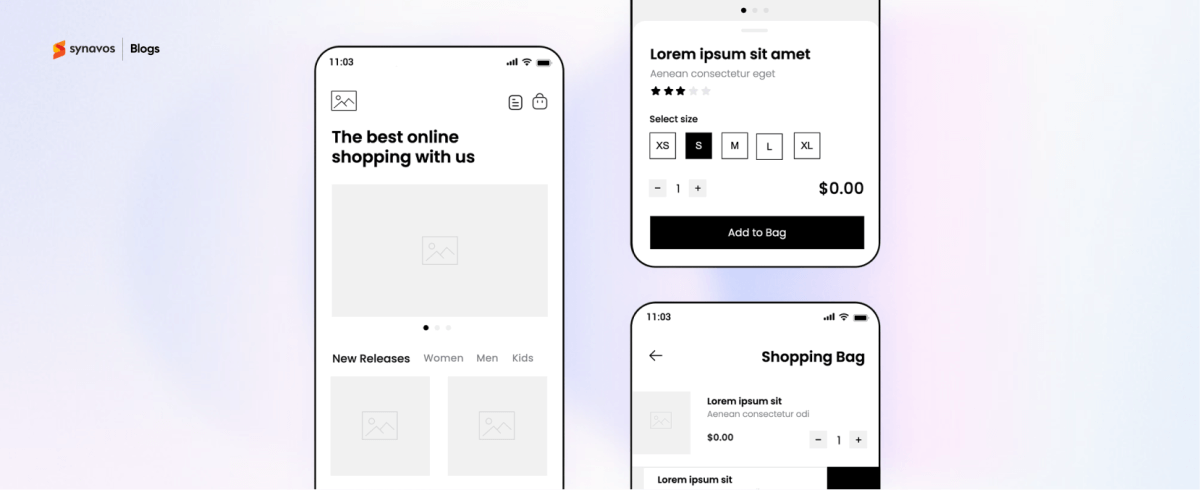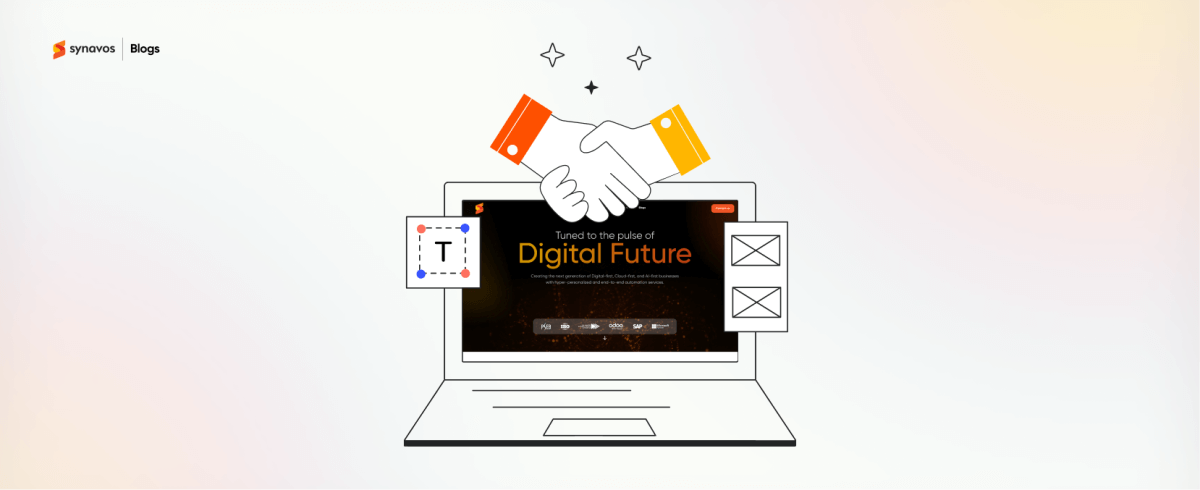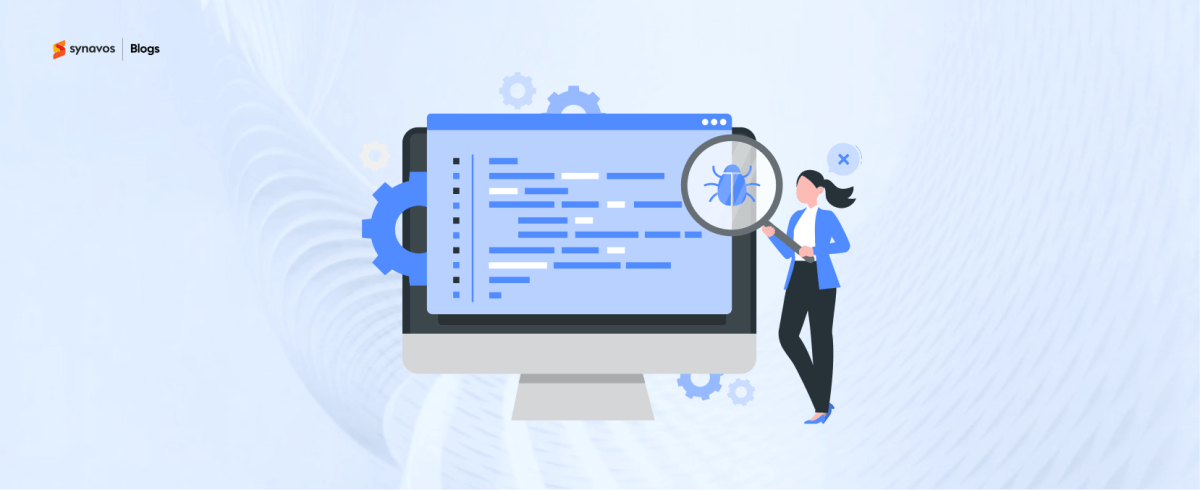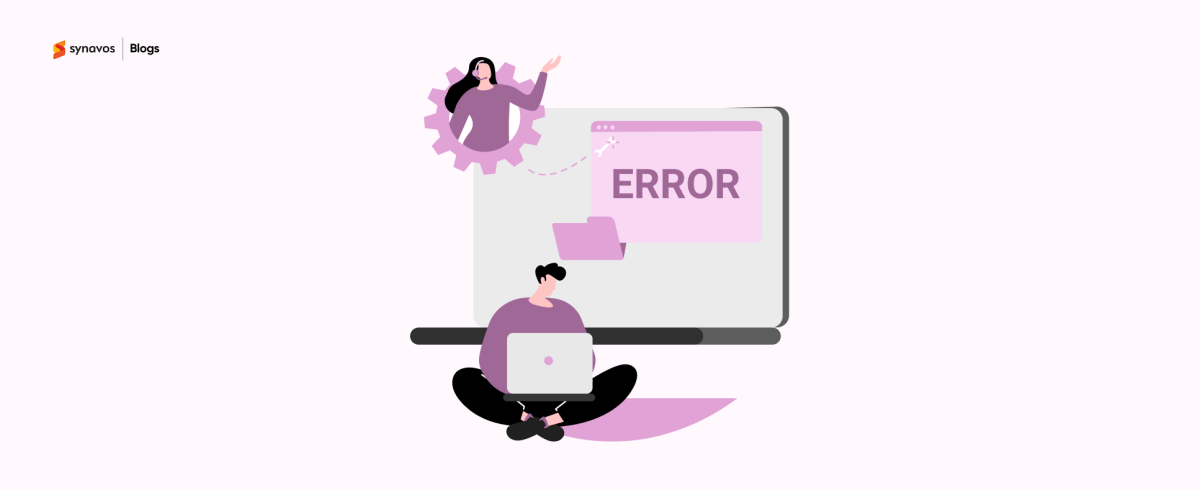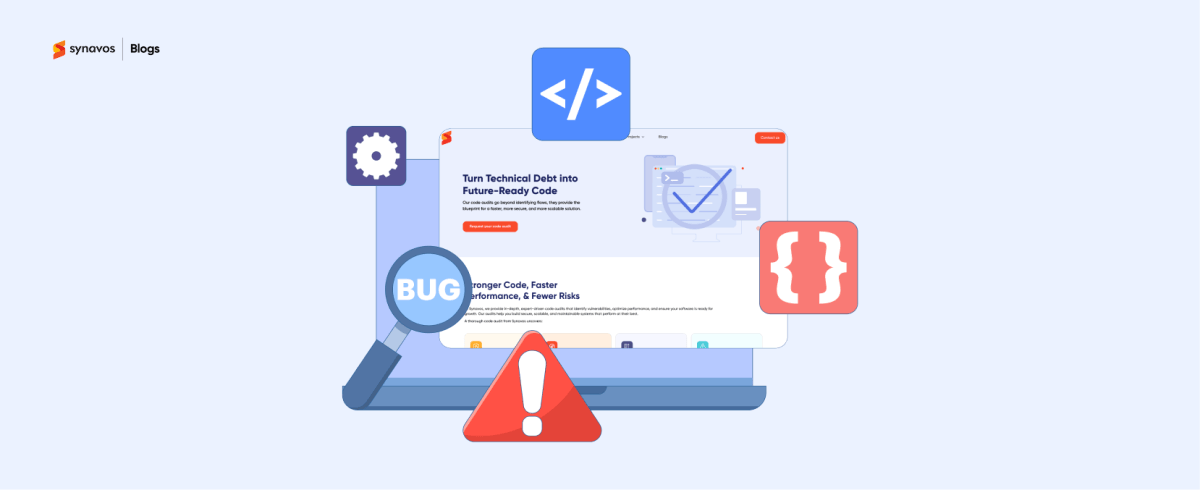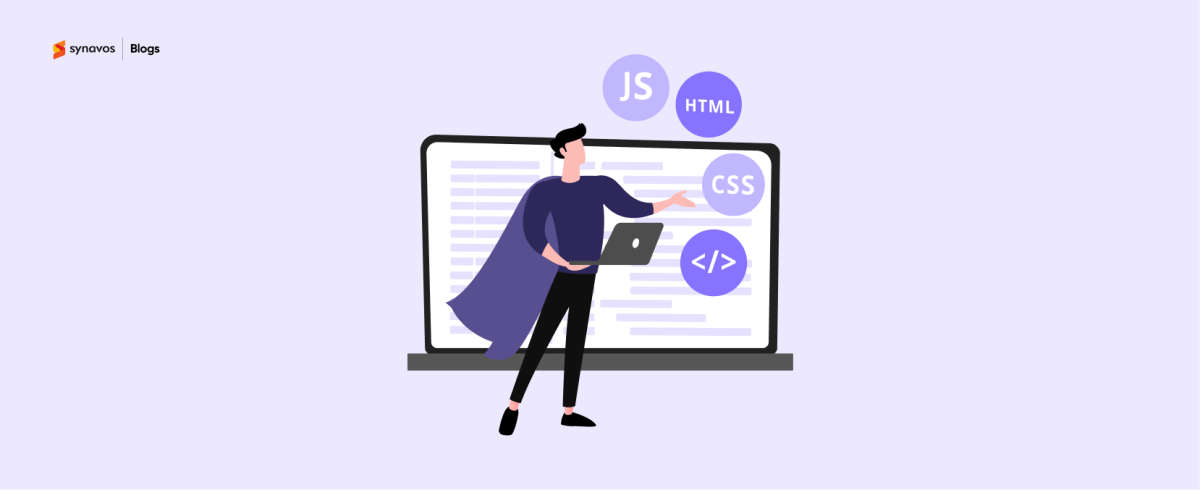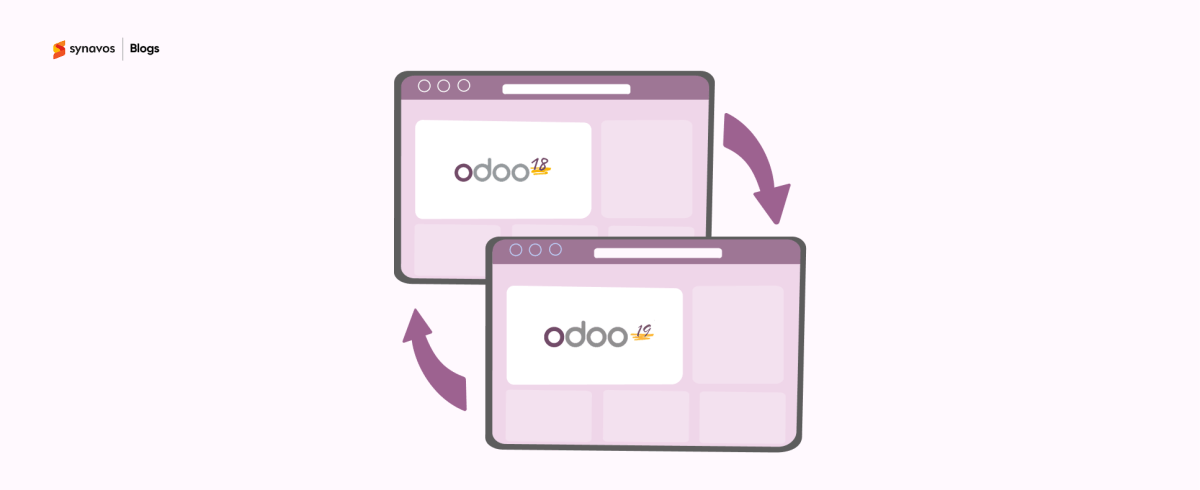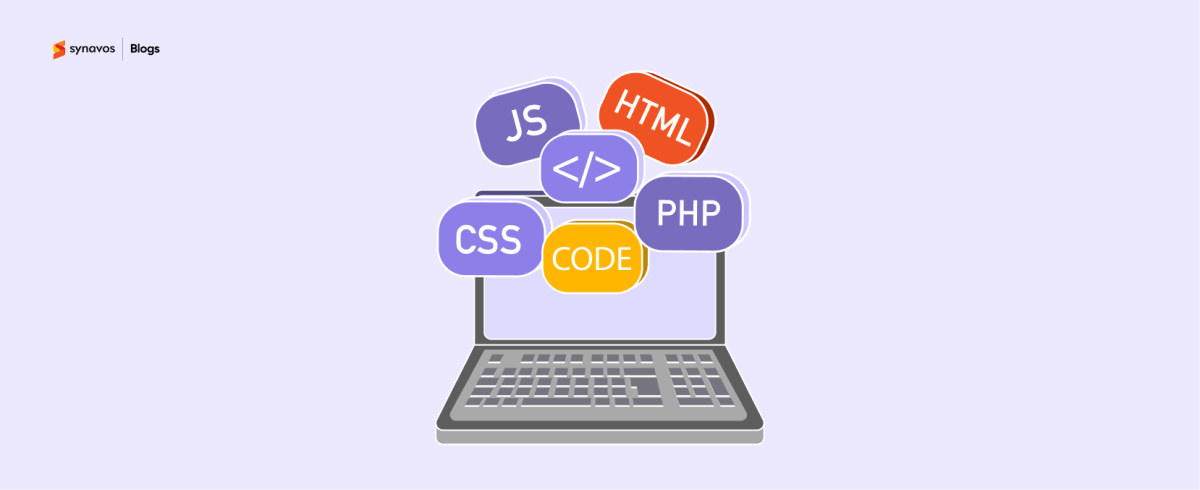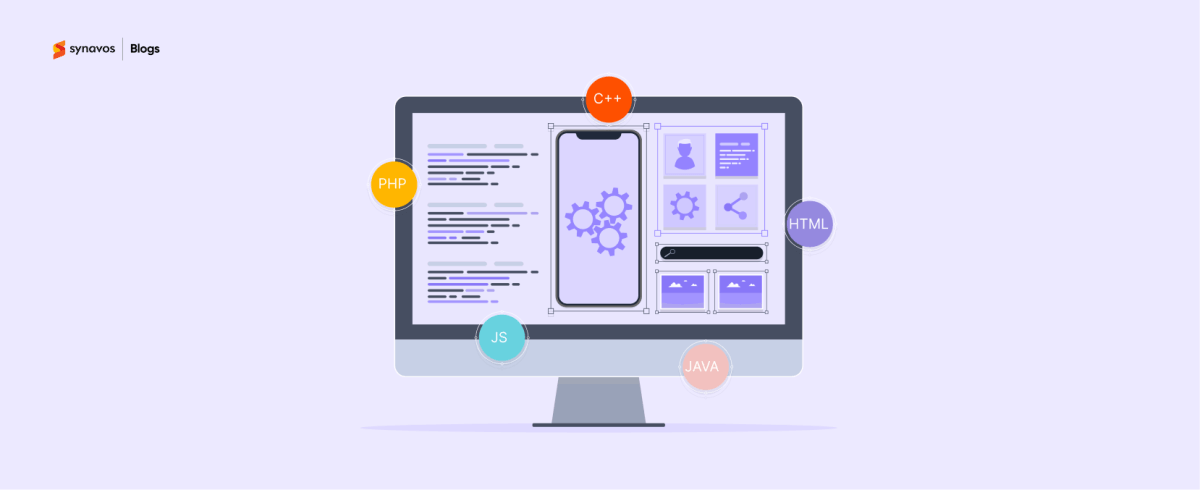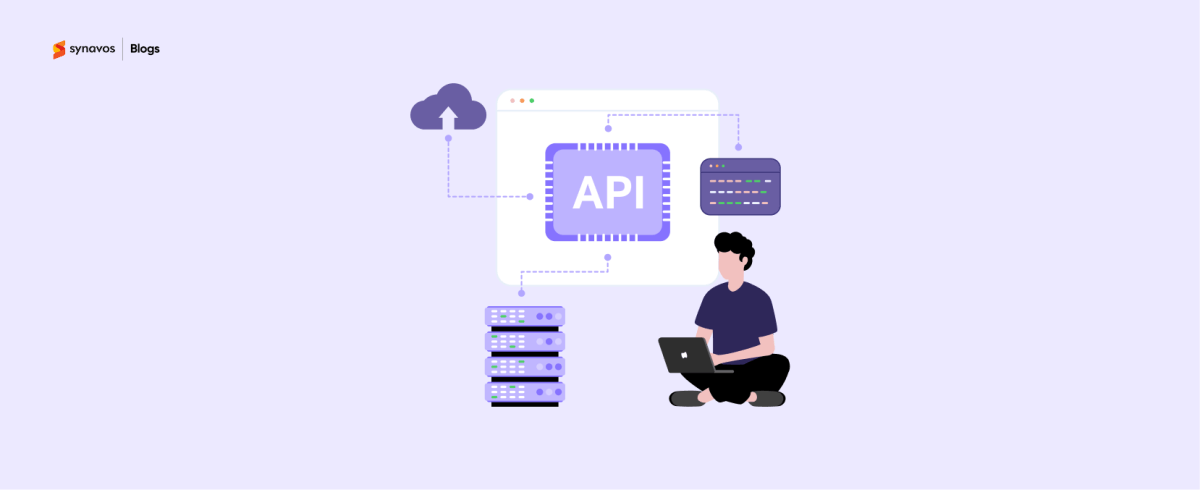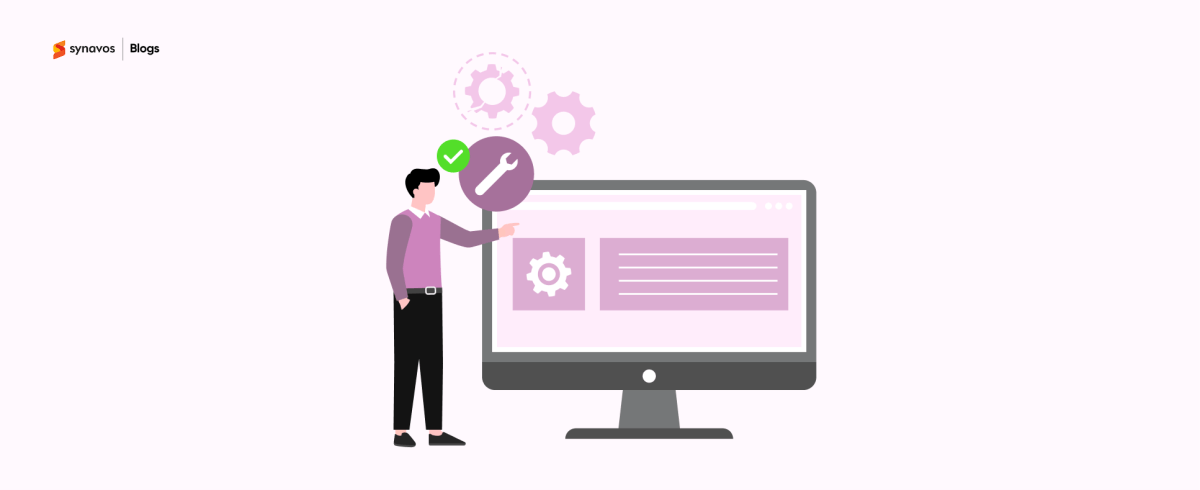Implementing an ERP system like Odoo is an exciting step for any business. It promises to simplify operations, improve efficiency, and bring everything together in one place. But as with any big change, it’s natural to run into a few bumps along the way.
Challenges like understanding what your business really needs, moving data, or getting your team on board can seem overwhelming. The good news? These are all manageable when you know what to expect and how to handle them.
In this blog, we’ll walk you through five common Odoo implementation challenges and show you how to tackle them with confidence. With the right approach, these obstacles can be steppingstones toward a system that truly works for your business. Let’s dive in!
1. Inadequate Requirements Analysis
The Challenge
Every business is unique, and failing to define your specific needs can lead to a mismatched ERP system. Without a thorough understanding of your workflows, processes, and objectives, your Odoo implementation risks falling short of expectations.
How to Overcome It
The foundation of a successful Odoo implementation lies in detailed requirements analysis. Begin by engaging stakeholders from every department to identify their unique needs. This collaborative approach ensures no critical function is overlooked. Map out existing processes and pinpoint inefficiencies that Odoo can address.
When you work with experienced Odoo partners like Synavos, we bring a systematic approach to this phase. Our team of seasoned consultants ensures that your requirements are not only well-defined but also aligned with Odoo’s capabilities. We provide a clear roadmap early on that paves the way for a smooth implementation process.
2. Data Migration Issues
The Challenge
Migrating data from legacy systems to Odoo is often one of the most daunting tasks. Inconsistent formatting, incomplete information, or duplications can disrupt operations and lead to a rocky start with your new system.
How to Overcome It
Effective data migration starts with preparation. Begin by cleaning your existing data—removing duplicates, standardizing formats, and validating accuracy. Once the data is ready, Odoo’s built-in import tools can help make the migration process more efficient.
Conducting a trial migration is another critical step. It allows you to identify potential issues and resolve them before the system goes live. Partnering with experts like Synavos ensures your data migration is thorough and accurate, minimizing disruptions during implementation.
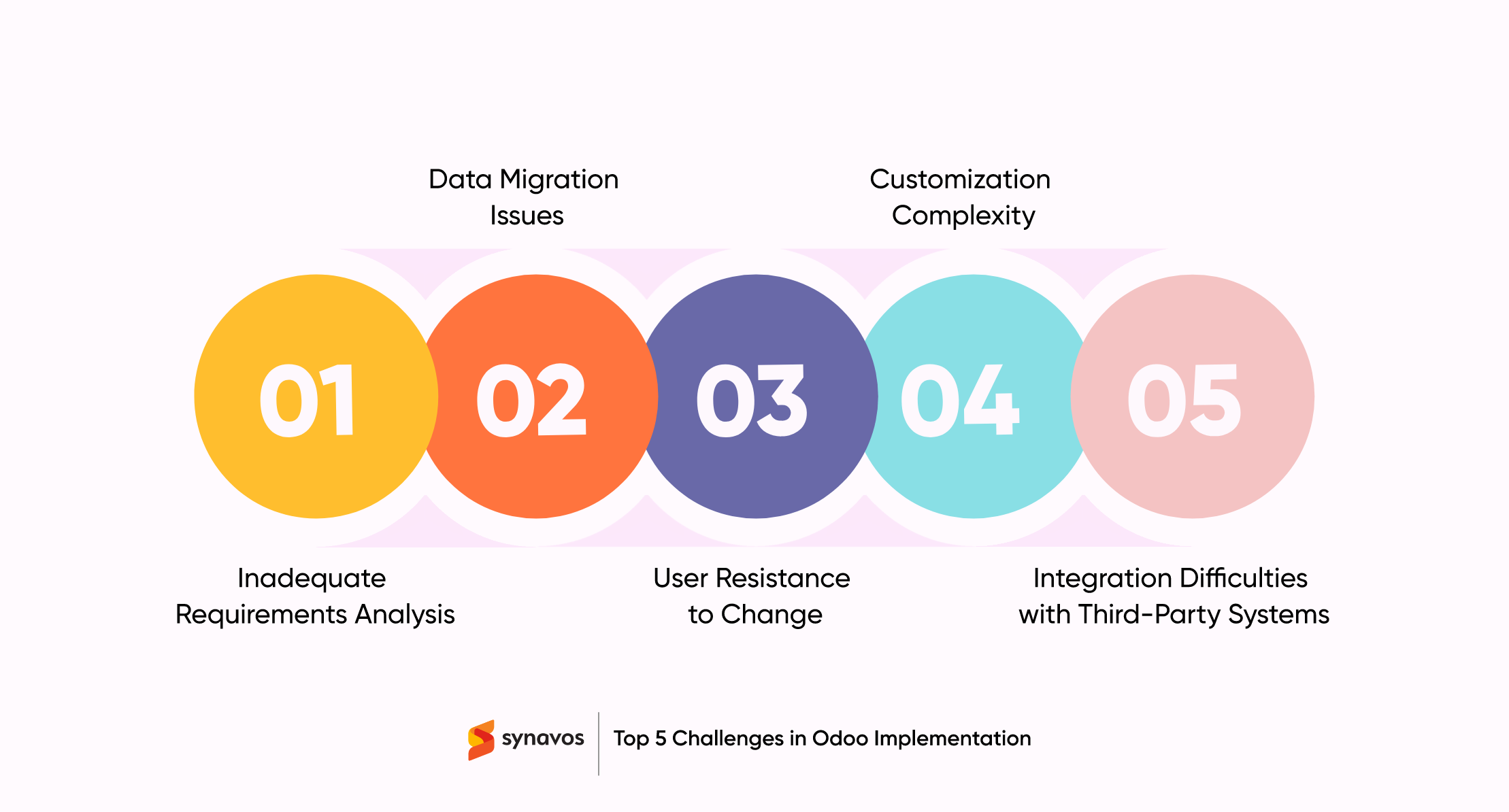
3. User Resistance to Change
The Challenge
For many employees, transitioning from a familiar system to a new one can feel overwhelming. Resistance to change is a common obstacle, often slowing down user adoption and reducing the overall effectiveness of the ERP system.
How to Overcome It
The key to overcoming resistance lies in open communication and proper training. Start by explaining the benefits of Odoo to your team, highlighting how it will simplify their tasks and improve overall efficiency.
Provide role-specific training that focuses on practical use cases. When employees see how Odoo fits into their daily routines, their confidence grows, and resistance diminishes. Hands-on practice sessions, user guides, and continuous support can further smooth the transition, ensuring your team is ready to embrace the change.
4. Customization Complexity
The Challenge
Odoo’s flexibility is one of its most significant advantages, but it can also be a double-edged sword. Over-customization or poorly planned customizations can lead to increased costs, delays, and future maintenance challenges.
If you are confused about if you should go for an out-of-the-box Odoo solution or a customized one, read our detailed article on Odoo Customization vs. Out-of-the-Box: Which Is Right For You?
How to Overcome It
To navigate this challenge, focus on balance. Assess whether your business processes can adapt to Odoo’s out-of-the-box functionality before diving into customizations. Often, slight adjustments to workflows can save significant time and resources.
When customizations are essential, ensure they are driven by clear business objectives. Working with a skilled Odoo partner like Synavos can help you implement tailored solutions that are both effective and maintainable. Our expertise ensures that customizations are seamlessly integrated, keeping your system robust and scalable.
5. Integration with Third-Party Systems
The Challenge
Modern businesses rely on various tools, from CRMs to payroll systems. Ensuring these third-party solutions integrate seamlessly with Odoo can be challenging, especially when pre-built connectors aren’t available.
How to Overcome It
Start by identifying the key systems that require integration and prioritize those critical to your operations. Odoo’s robust API framework simplifies integrations by allowing data to flow seamlessly between different systems.
For more complex requirements, custom integrations may be necessary. Our team at Synavos specializes in developing customized solutions that work seamlessly with all your tools. Our expertise in Odoo integrations helps businesses unlock the system’s full potential without compromising efficiency or functionality.
Conclusion: Turning Challenges into Opportunities with Odoo
Odoo implementation is a journey that can transform the way your business operates, but like any worthwhile endeavor, it comes with its challenges. By planning ahead, involving your team, and partnering with experts, you can overcome these challenges and unlock the full potential of Odoo. Each obstacle is an opportunity to build a system that’s perfectly suited to your business goals. The end result? A more efficient, scalable, and future-ready organization.
For a smoother transition and to really make the most of your new system, check out our guide on Odoo Implementation: Benefits, Steps, and Best Practices—it’s packed with helpful tips to set you up for success!
Make Odoo Work for Your Business with Synavos
At Synavos, we specialize in making Odoo work for your business. As an official Odoo partner, we’ve helped companies across the Middle East and Pakistan successfully navigate their Odoo implementation journeys. Our team understands the challenges businesses face and provides tailored solutions to tackle them effectively—from requirements analysis to seamless integrations.
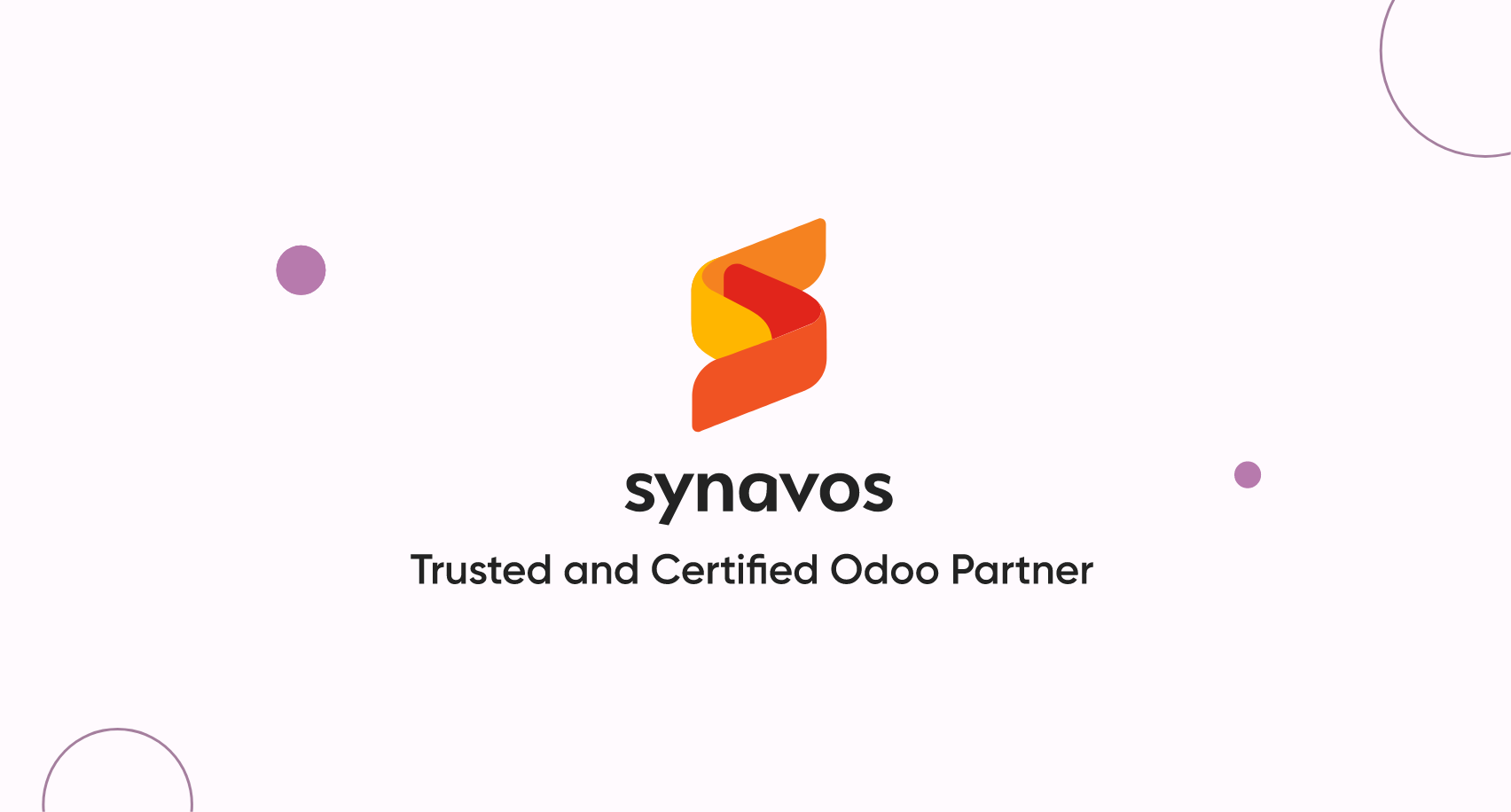
Ready to make your Odoo implementation a success? Let’s talk. Contact Synavos today and take the first step toward a more efficient and connected business.
